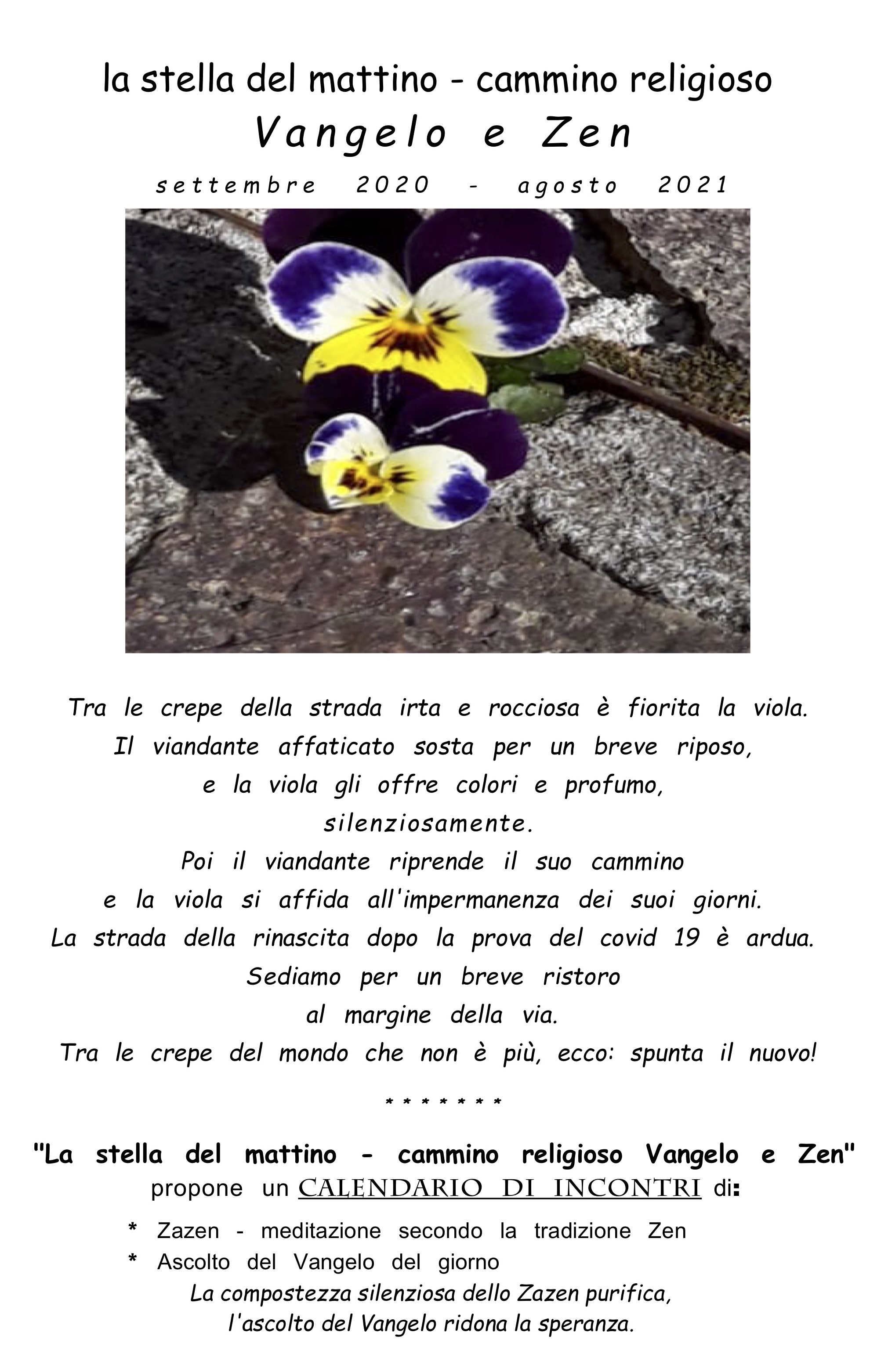As mentioned above, the Catholic tradition of prayer before the Blessed Sacrament has, during the centuries, taken various forms, both private and public, some of them even “liturgical,” Le., official acts of the Church as such, and thus bound by special norms, and expressed in recognized rites. The suggestion offered here refers obviously to private prayer before the Blessed Sacrament.
Of course, the content and form of such prayer are left entirely to the choice and needs of the persons involved. Sometimes suggestions are offered, or also prayers composed, to help individuals or groups in this devotion. The suggestion made here would be one of these, but in a different direction: one of the best ways to “pray” before the Blessed Sacrament, would be to “sit silently,” Le., to practice zazen, before the Tabernacle. Silence has been suggested as an important part of Christian worship in the Constitution on the Liturgy of the second Vatican Council (n. 30), and moments of silence are suggested also during the liturgical rite of exposition and adoration of the Blessed Sacrament (Eucharisticum Mysterium, n. 62).[5] But here the meaning and the role of silence would be much greater and, in a sense, radically different. The “silent prayer of adoration” here suggested would be the deep, total, self-denying silence of zazen. It would not be a “moment” of silence in between readings, or prayers; nor silence for meditation and reflection, but total, deep, silence, taking the faithful to that communion of heart and communion of life with Christ which is one of the goals, indeed the main goal, of the prayer before the Blessed Sacrament (n. 60, De Sacra Communione, n. 82). Such communion, as a deep religious experience, and as a “way of living,” needs to go beyond words, needs to go beyond particular thoughts, to go beyond every subjective representation of objects, indeed beyond any separating distinction between subject and object, Le., into the deep silence of the spirit, where the awareness of the ego yields to the full surrender of contemplation, or mystical union with Christ perceived as the true “self’ according to the well known words of Paul: “… it is no longer I who live, but it is Christ who lives in me” (Gal 2: 20). .
The deep, total silence of zazen could be a very good way to open the heart to this deep communion with Christ. But would this not be a sort of “syncretism”? And, is zazen not a Buddhist practice, carrying with it all its Buddhist religious conception of the world and of salvation? Row can it be a suitable means for Christian prayer. Or even for a deeper and higher “adoration of the Eucharist”?
Is there not a real contradiction between these two totally different religious experiences?
| Adoration of the Eucharist « | » A Christian practice of zazen |





